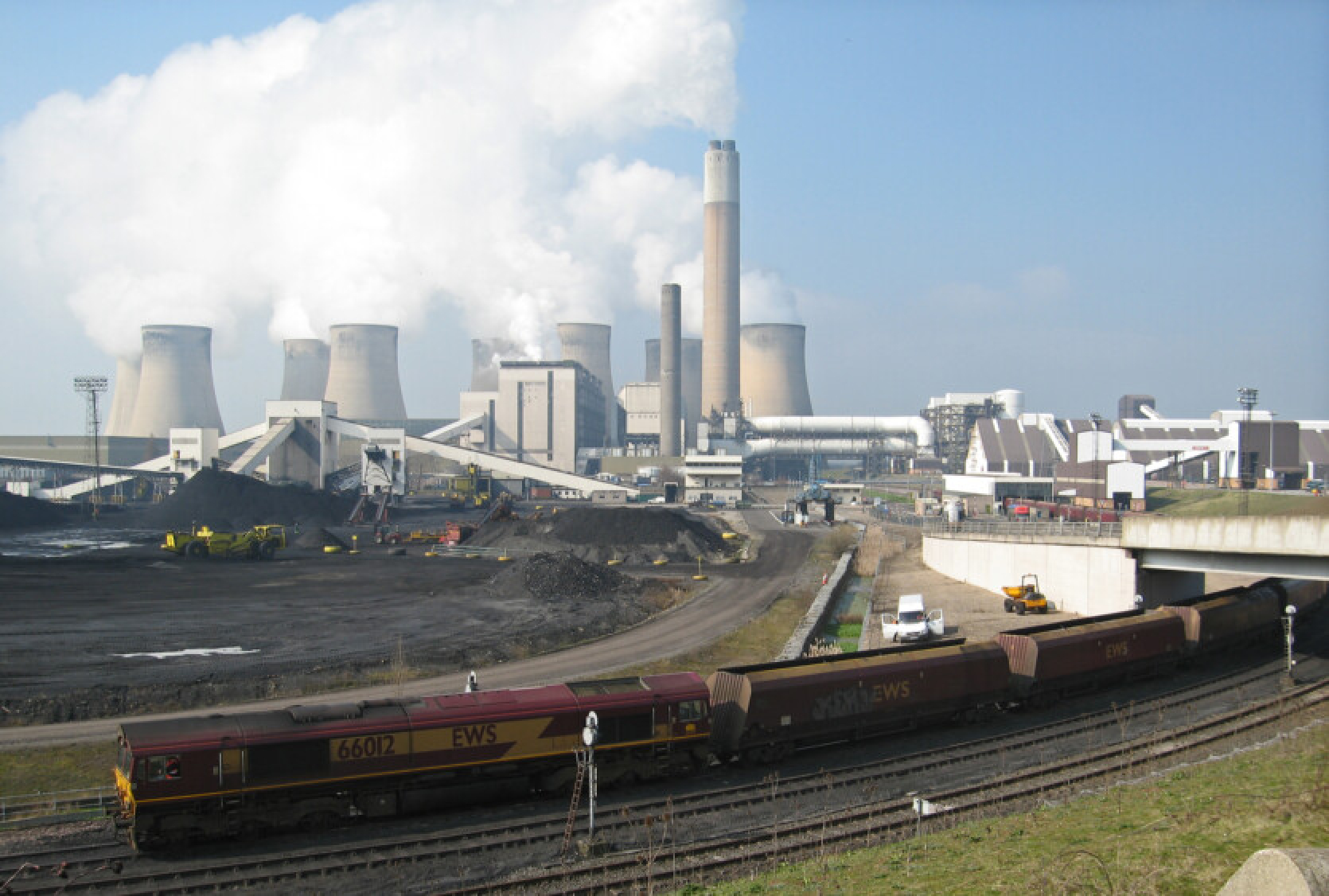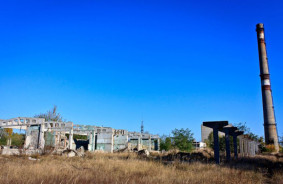The United Kingdom has officially shut down the Ratcliffe-on-Soar power plant in Nottinghamshire, marking the end of the country's last coal-fired power station. The UK was the first to adopt coal-based energy but has now moved to eliminate it.
The world's first coal power plant was launched in London in 1882, and as recently as 2012, coal accounted for 39% of the nation's electricity. Data from Ember illustrates a sharp decline in this figure in the following years, remaining at 2% or less since 2019.
In the report titled "The UK's Journey to Phasing Out Coal Power," Ember outlines five key factors that contributed to this rapid transformation. These include the ten-year-old announcement to phase out coal by 2025, the implementation of carbon pricing, support for offshore wind energy, market reforms to encourage renewables, and investments in the grid.
The UK has largely replaced coal with wind and solar energy while not increasing its reliance on gas. The country is now targeting complete decarbonization of its energy system by 2030.
The gradual phase-out of coal has resulted in numerous benefits, leading to reductions in both emissions and costs. The swift removal of coal power since 2012 has prevented 880 million tons of emissions—equivalent to more than double the emissions of the UK's entire economy in 2023. Replacing coal with wind and solar energy has also resulted in avoiding costs of approximately £2.9 billion in 2023.
Source: Electrek














Comments (0)
There are no comments for now